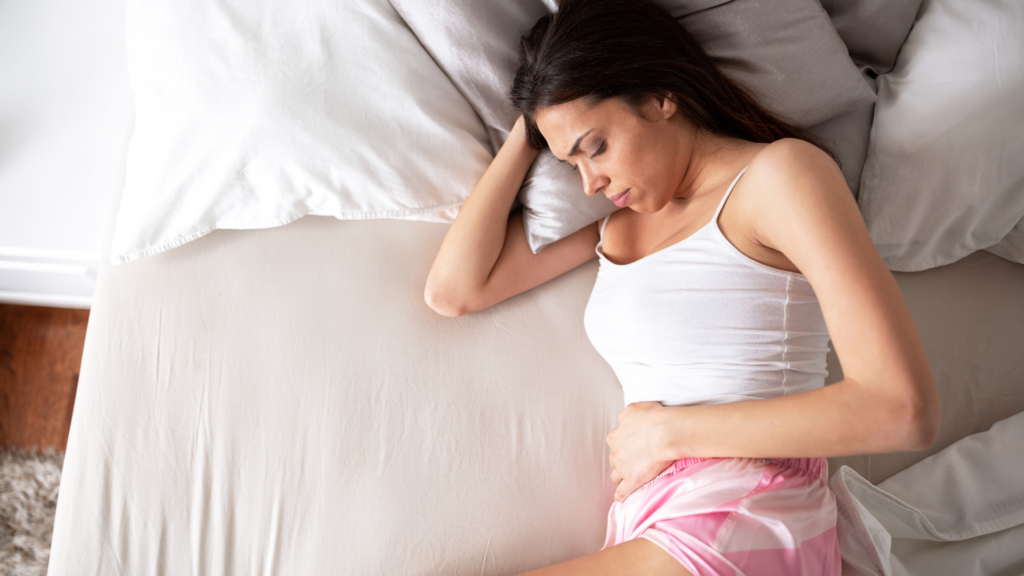When it comes to your menstrual cycle, you probably dread it each month as you wait for it to finally show up.
Whilst many women will find their menstrual cycles to be a tough time, especially if they suffer from issues such as PCOS, Endometriosis, Adenomyosis, and so on, there are actions that can affect the way their period goes.
If you want to know how a diet change can affect your period, then read on to learn more about the positives and negatives of your diet with your menstrual cycle.
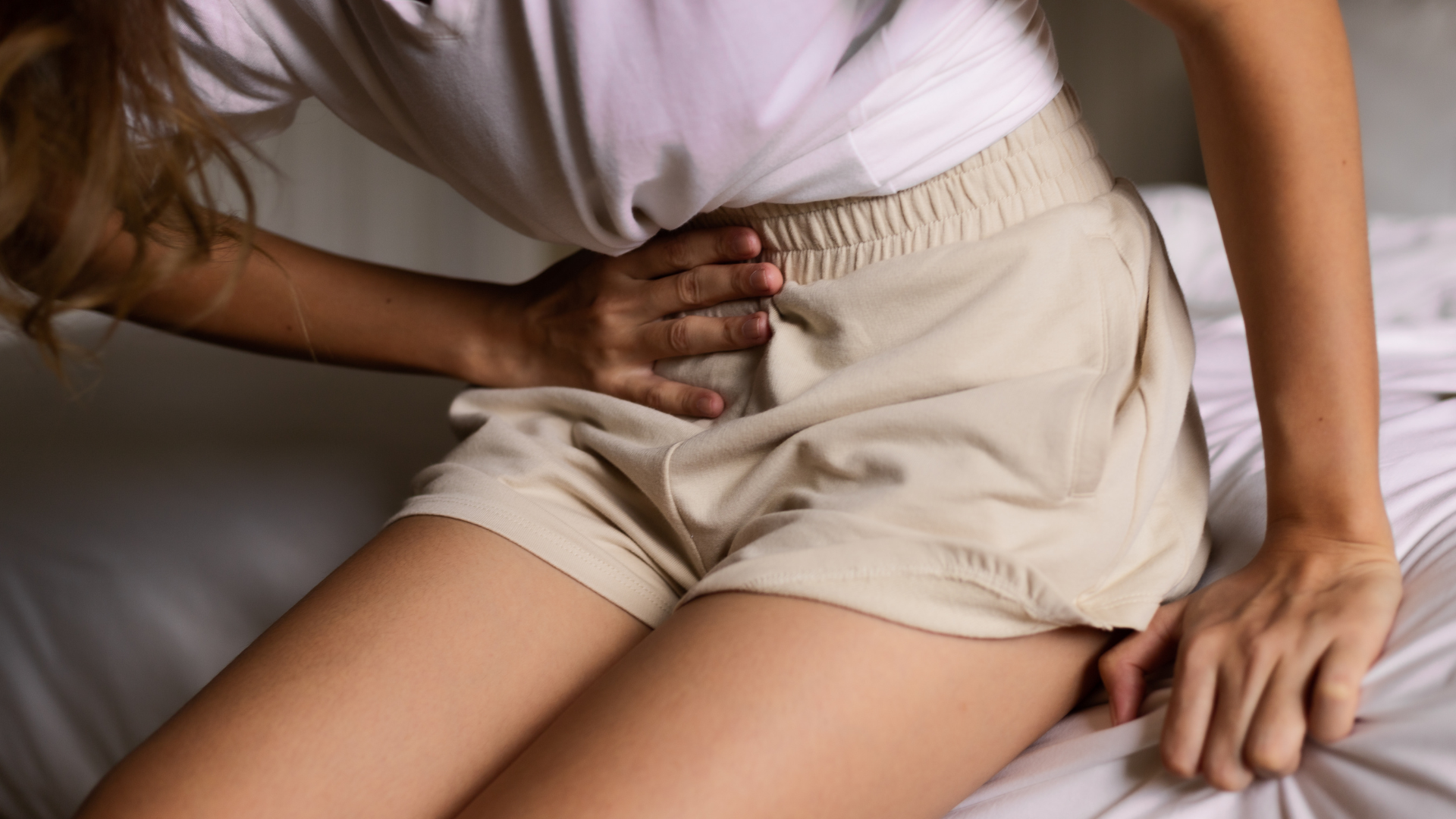
Can Changing Your Diet Cause Your Period to Change?
To cut a long story short, yes, your period can be affected by your diet, it may not be the main thing that creates a change, however, the food choices you may will have an effect on your body.
If you have a healthy diet normally, either to maintain a healthy weight or to lose weight, then, if you carry that on with your period you will reap the benefits as you are not consuming high amounts of fats and sugary foods which have the potential to cause bad period cramps and stronger PMS symptoms.
However, if you are putting yourself on a restrictive diet in daily life, and you do the same when you are going through your menstrual cycle, then there is a chance that you can be doing a lot more harm than good for your body as your body is going through something different at this stage, your needs will change.
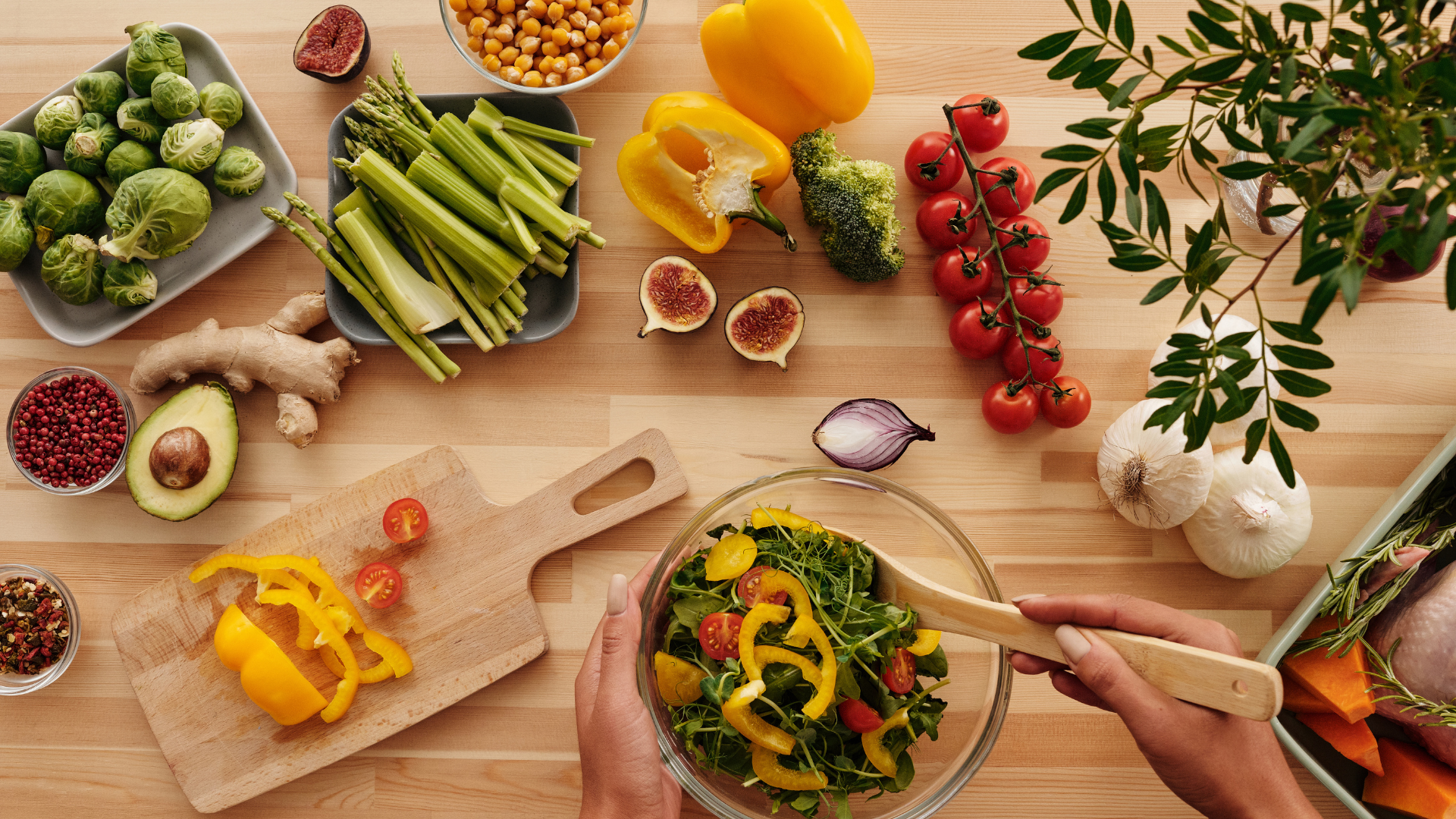
Balance is The Most Important Factor
To keep your body healthy, you need to think about consuming a balanced diet that provides you with enough calories to keep your body functioning and stops you from having irregular periods which can happen with a low-carb diet.
You also need to make sure that you keep yourself active so you can keep your fitness going at a good pace for your body.
A Bad Diet Will Negatively Affect Your Body
If you focus too much on restricting your foods or eating unhealthy food consistently, then not only are you potentially worsening your menstrual symptoms, but you can also develop eating disorders such as binge eating disorder or anorexia nervosa.
If your body fat percentage is too low your body will stop producing estrogen which can stop your menstrual cycle or it can cause you to have irregular periods, the same can be said if you gain weight too much, your periods will be affected.
Take Note of Any Changes
If you have noticed that you have more abdominal bloating than normal or that you are having heavy bleeding or prolonged periods, then you will need to go to a doctor to have this checked out to see what is going on.
It could be hormonal imbalances, but it could be to do with what you are (or aren’t) consuming, and you will need to take a look at the type of food you eat as well as your calorie intake.
Blood Loss
Women can lose a lot of blood on their periods which may lead to iron deficiency if they do not make sure that they replace the iron they have lost.
Seeing a medical professional can help them see if this has become an issue and if they need to take a supplement.
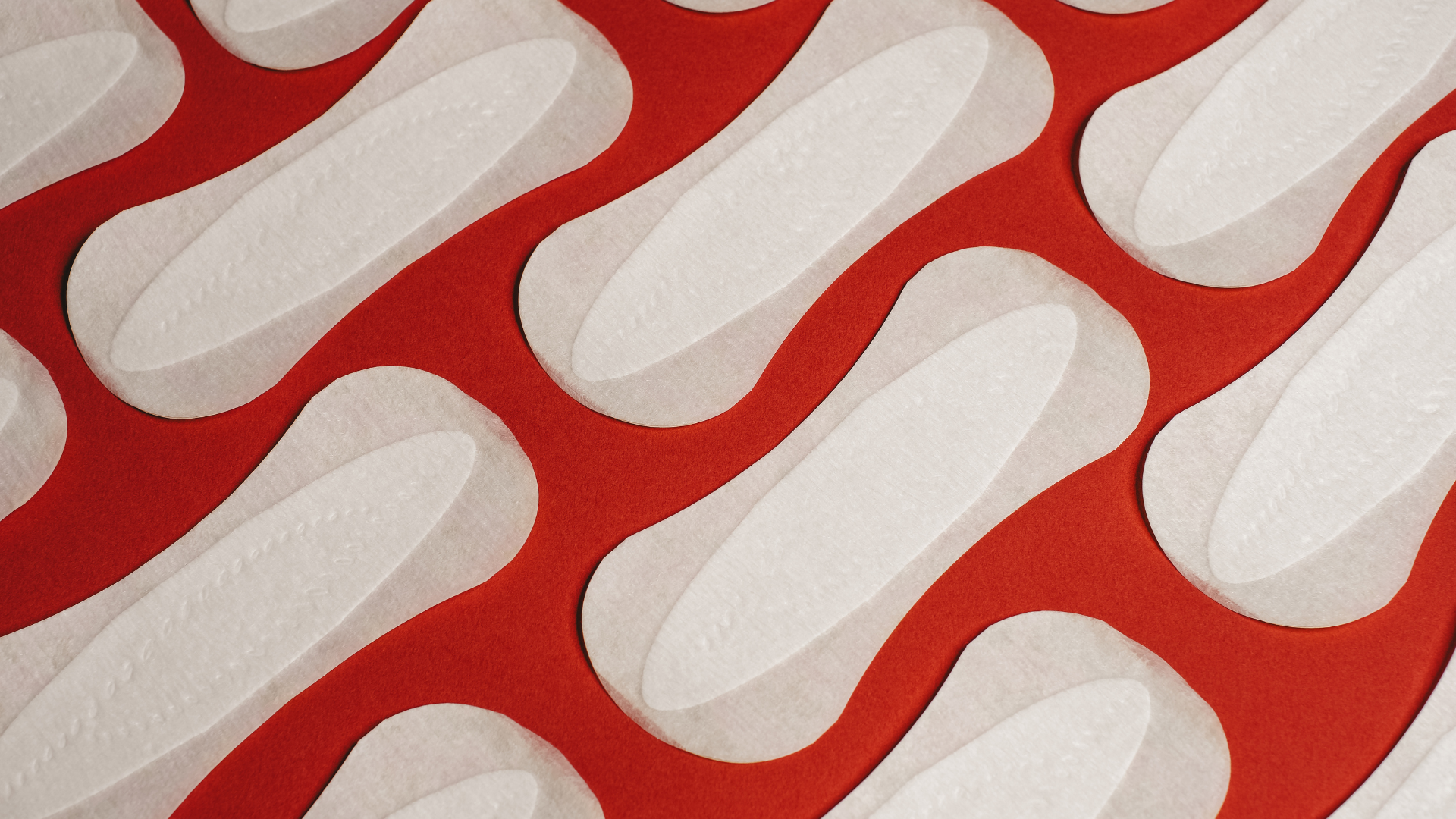
What Are The Negative Effects of Your Diet on Your Period?
You should always make sure that your diet suits your daily needs and that you are reaping the health benefits of the food you eat.
If you are on a diet, or you have made a significant diet change for weight loss, then you need to know what the negative effects of doing this can be.
It is okay to switch up your diet, that is not up for debate, but if you are making serious changes in short periods to achieve a goal that you think you can reach with restricted intake and intense exercise, then you are going to come up against quite a few issues.
Not Eating Enough Calories
One of the main problems with dieting is that you might not be getting the right amount of calories for your daily intake.
It is important that you keep your Body Mass Index (BMI) at the right level to maintain a normal flow for your period, if it dips below what it should be for your age and height, then you will experience problems.
Think About Food Choices
You are probably not making the right food choices either meaning that your hormonal nutritional needs are not being met.
Not adding healthy fats to your diet or taking into account your blood sugar levels when eating food can make your body go into starvation mode which can make your menstrual cycle stop as your body needs to send whatever you are putting into your body straight to your vital organs.

You Are Doing The Ketogenic Diet
You have probably heard of this as a great diet for people who want to lose weight by burning off fat as this is the main macronutrient for this diet, with carbohydrates being reduced as well as protein.
However, for women, it can actually prove to not be as beneficial for them causing irregular cycles or stopping periods completely.
You Keep Yo-Yo Dieting
If your diet is all over the place, one moment you are eating healthy then the next you are reaching for processed foods, or you are cutting out a lot of food, your body doesn’t know what is going on and it doesn’t know how to regulate itself to keep you going.
Cravings can set this off with many women, and PMS symptoms can make women want to eat sugary and fatty foods to scratch that itch they have.
Giving in to this in an extreme way can be bad as it will send our bodies mixed signals.
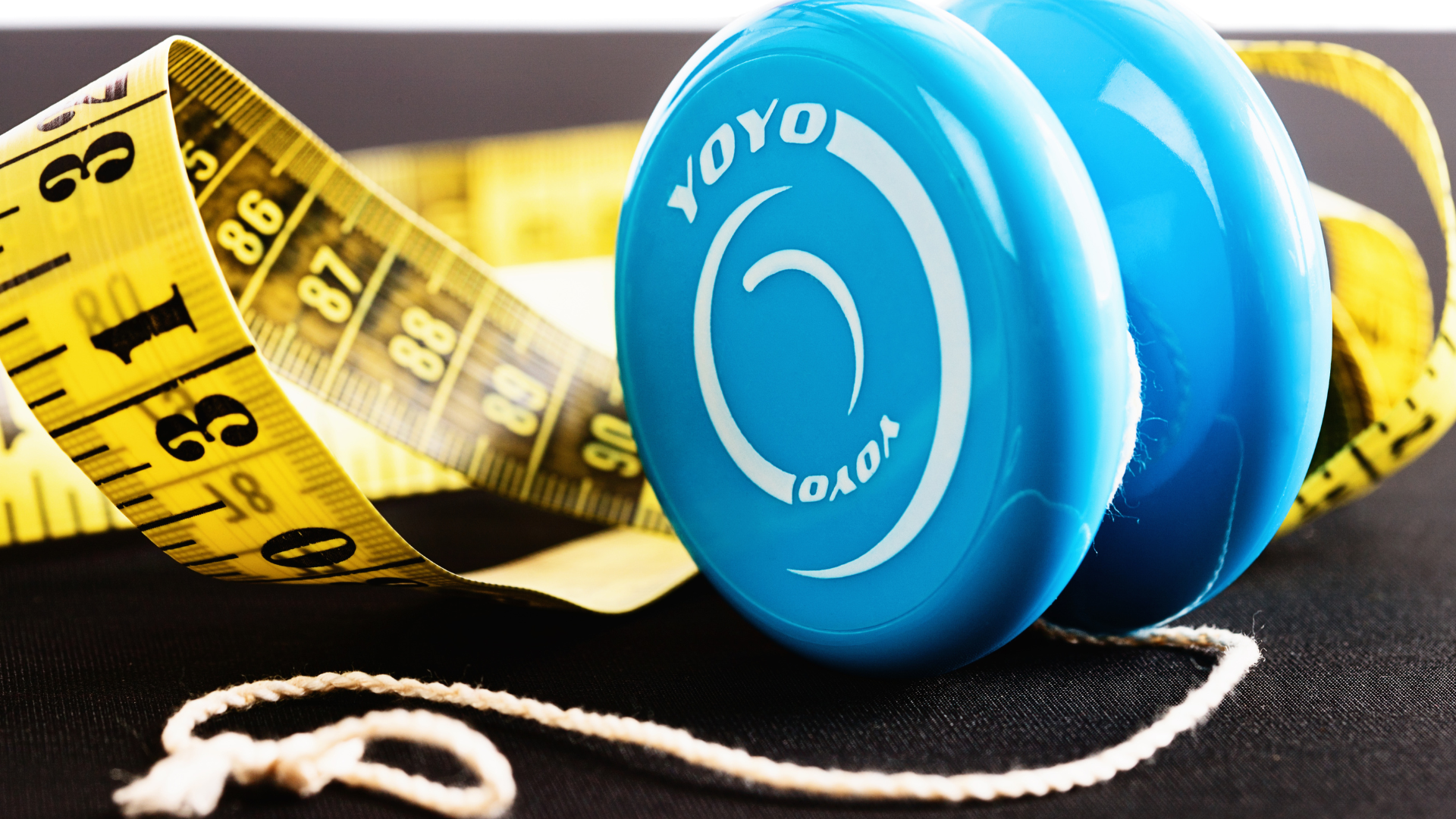
What Positives Cand Diet Have on Your Period?
When we talk of ‘dieting’ it can have a very negative connotation, especially as people link diets with restrictive eating and eating disorders, but, if the diet change you make is for the benefit of your diet then it will be better for you.
Instead of calling it a diet change, it would be better to call it a lifestyle change as you are focusing on the whole of you not one part.
You Eat Real Food
If you focus your nutrition on real food that is rich in vitamins and minerals to help your body, then you will see the benefit of making this change.
There is a study in the American Journal of Clinical Nutrition that states that if people upped the fibre in their diet, it can promote a healthy menstrual cycle by lowering levels of oestrogen reducing PMS symptoms.
If you follow a vegan diet, then you could be missing out on essential nutrition, so you will need to choose foods that are in line with your diet and your daily needs, otherwise, you might need to take supplements to support your system.
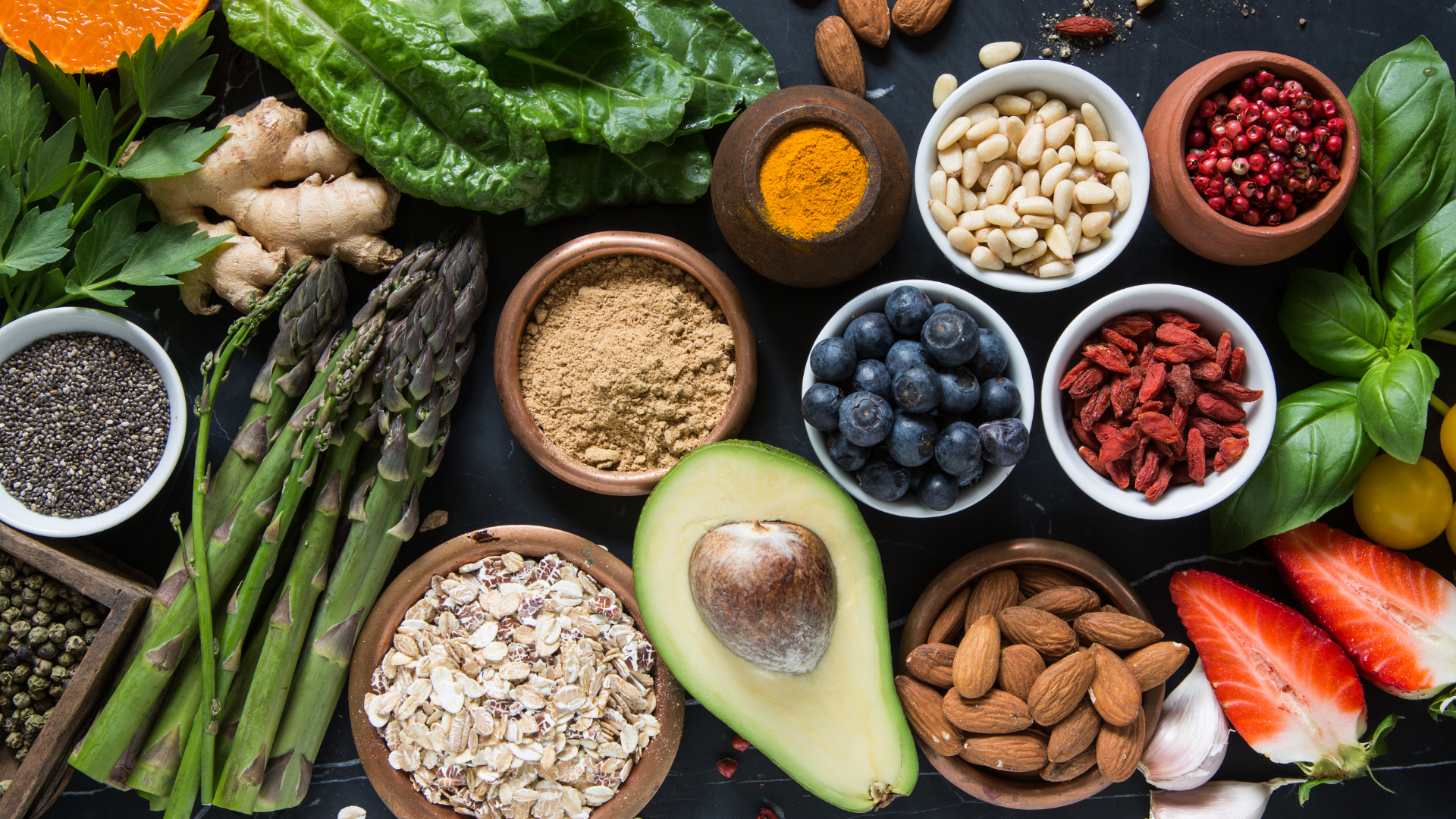
Doing The Mediterranean Diet
This type of diet has a lot of health benefits that will be great for people who want to do their best for their menstrual cycles.
Focusing on eating plants, good fats, and fish will help your hormone levels thrive and provide you with the nutrition that you need to make your body feel full without causing you to feel uncomfortable.
It can also help with weight loss as well without having to go through any of the restrictions that other diets promote.
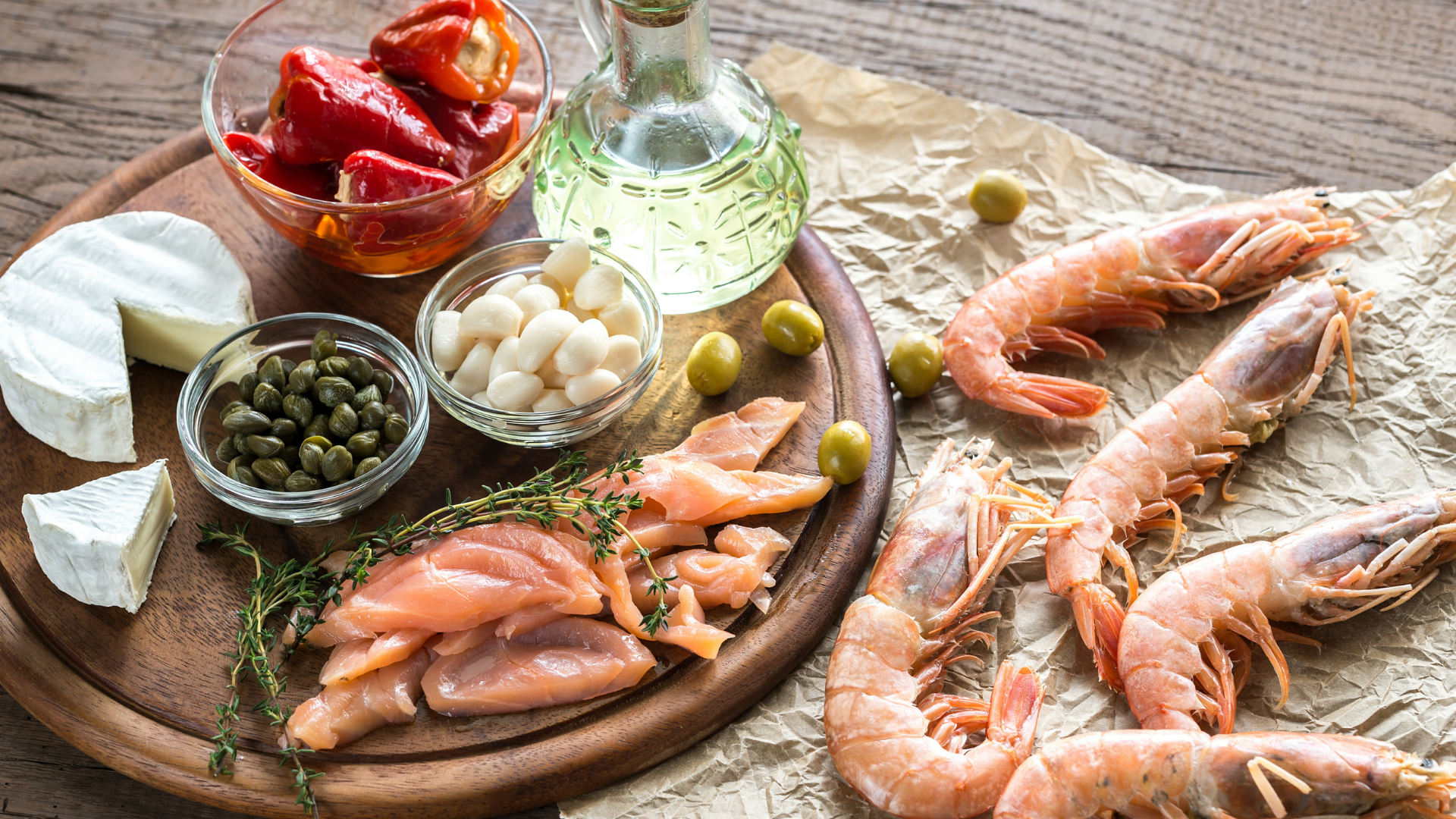
Eating More Fibre
If you eat more fibre in your diet then you will notice that your body is going to thank you for doing that.
As stated before, it can help with reducing PMS symptoms which is incredibly important for women who can get quite bad period cramps and nausea around this time.
It is also good at keeping you regular, especially as some periods can cause constipation in people which can add another layer of discomfort during periods.
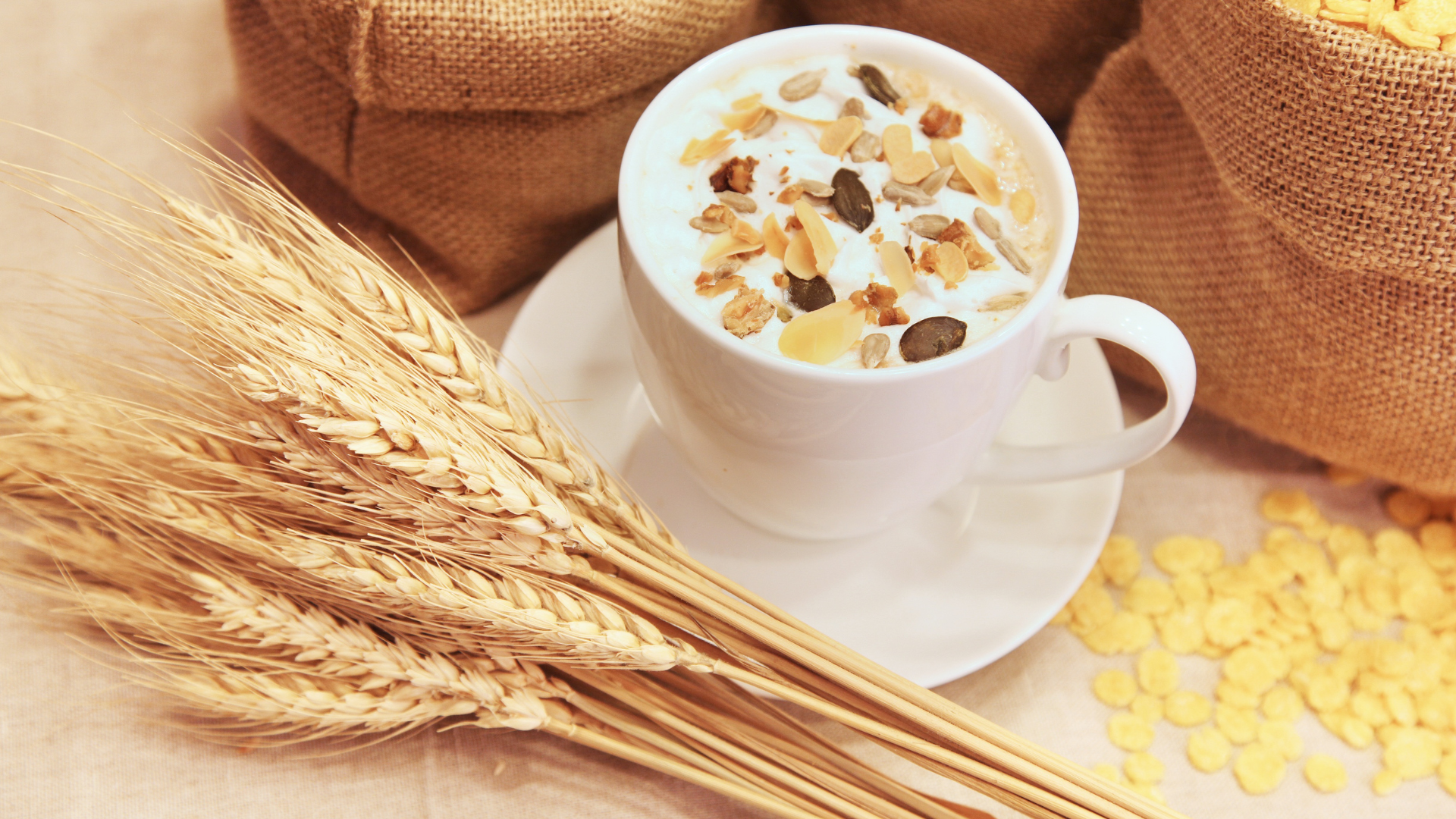
Conclusion
Can diet affect your period? As you can see, yes, it certainly can and that is why you need to make sure that you are making all the right choices when it comes to creating a balanced diet.
Those cravings can be very strong when you are nearing your period, but as long as you stay on track and be mindful of what you eat, you will see the benefit.
It is okay to indulge yourself a bit, there is nothing wrong with that, just don’t go overboard as it will make you feel unwell in the end.

